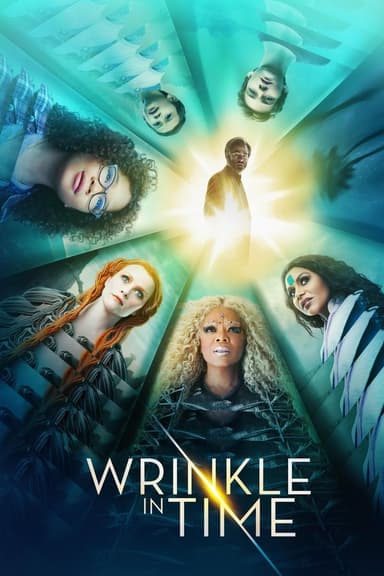
Guest from the Future
1984 • Adventure, Family, Science Fiction
6-grader Kolya Gerasimov discovers a time machine in a basement of an old house in Moscow and gets transferred into the 21st century. There he is allowed to look around. Accidentally, Kolya witnesses two space pirates who arrive from Saturn and later try to steal a device called a "Mielophone" (which can read thoughts) from Alisa Seleznyova - a girl that performs experiments with this device and animals. Kolya manages to save the device from the pirates and brings it back to the 20th century. But both pirates and Alisa get there too. Alisa knows where Kolya studies but doesn't know what he looks like. Pirates saw Kolya, but don't know anything about him. Written by Boris Shafir
Runtime: 5h 34m
Why you should read the novel
If you loved Guest from the Future (1984), read the source novel One Hundred Years Ahead by Kir Bulychev to experience Alisa Selezneva’s adventure exactly as the author imagined it. The book offers the original tone, pacing, and character focus that inspired the beloved screen version.
Bulychev’s prose unlocks a fuller view of the future: a thoughtfully realized 2084, the Institute of Time, and the ethical puzzles behind time travel and the myelophone. With warm humor, clever worldbuilding, and crisp storytelling, the novel gives context and meaning the adaptation can only hint at.
For fans seeking the complete story behind Guest from the Future, One Hundred Years Ahead is the definitive read. Search for “One Hundred Years Ahead book,” “Kir Bulychev Alisa Selezneva novel,” and “Guest from the Future book” to find editions and start reading today.
Adaptation differences
The adaptation broadly follows the novel’s plot, but shifts emphasis. In One Hundred Years Ahead, much of the story flows through Kolya’s perspective, while the screen version highlights Alisa as the iconic focal point, reshaping the emotional center and sense of mystery.
Pacing and tone also differ. The series expands schoolyard episodes, comedic chases, and the antics of the space pirates, creating more slapstick momentum. The book balances suspense with quiet reflection and internal monologue, giving motives and dilemmas more space to breathe.
Worldbuilding is richer on the page. Kir Bulychev explains the Institute of Time, future society, and the myelophone’s origins and implications in greater detail. The adaptation condenses explanations, trims side characters and scientific context, and leans into lyrical atmosphere and memorable set pieces instead.
There are structural tweaks and thematic shifts. The present-day setting aligns with the production era, while the book’s “hundred years ahead” framing anchors its speculative logic. The ending’s memory and paradox elements remain, but the series resolves them more impressionistically, whereas the novel articulates the rules and consequences with clearer, text-driven logic.
Guest from the Future inspired from
One Hundred Years Ahead
by Kir Bulychev










